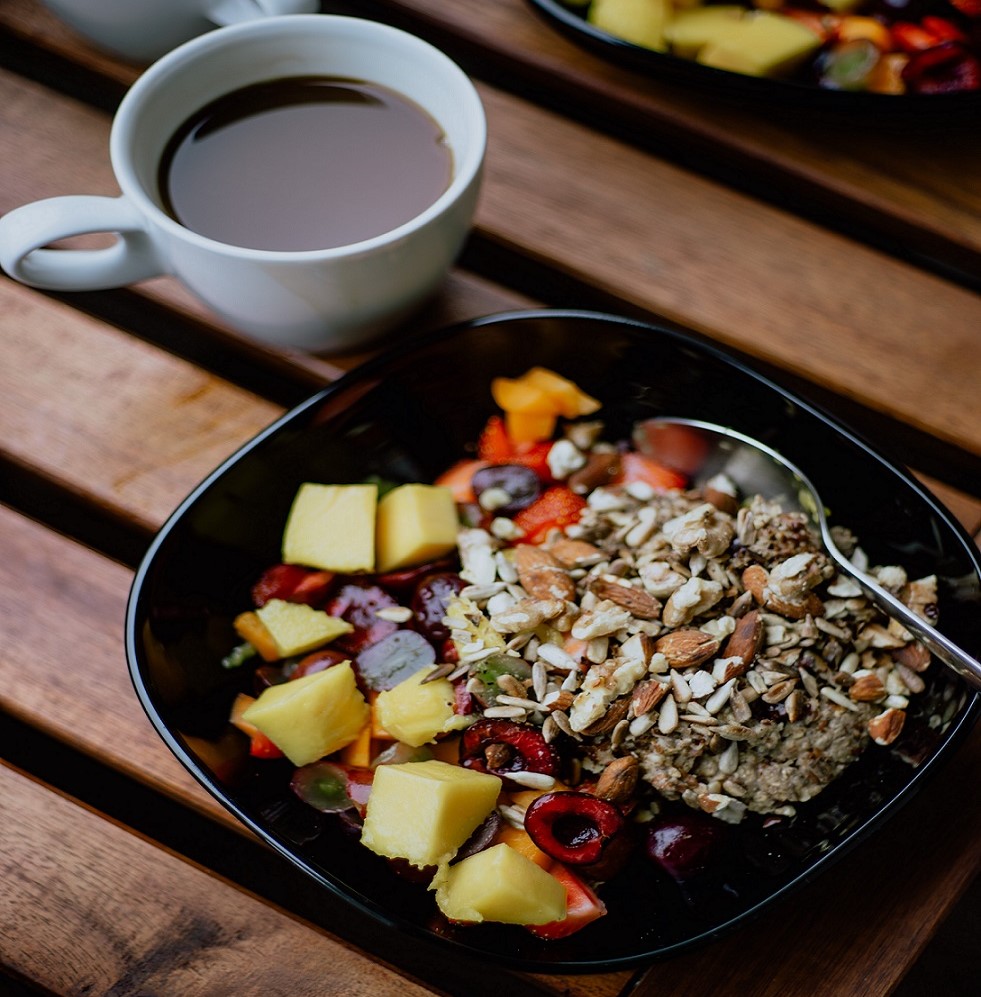
Ensuring that a proper amount of dietary fiber is included in your diet is a huge part of your healthy lifestyle! Foods with substantial fiber content keep you fuller for longer, aid in your digestive health, and help to combat irregular bowel movements. While constipation can be an uncomfortable subject, it is an important one, and passing healthy, well-formed stools can be accomplished with the support of fiber!
Dietary fiber is found mostly in plant-derived foods and is non-digestible by your body. Because of the body's inability to digest fiber, it can pass through your digestive tract and help to keep things moving along. There are two types of dietary fiber: soluble and insoluble.
- Soluble fiber dissolves in water and attaches to cholesterol inside of your digestive system, removing it from your body. It does not contribute to blood sugar spikes that can increase your risk for type 2 diabetes, bulks up your stool to keep it moving through your digestive tract, and helps to keep you feeling full and satisfied. Good sources of soluble fiber include oats, nuts, seeds, and beans.
- Insoluble fiber does not dissolve in water but aids in softening your stool, making its journey through your digestive tract easier. Like soluble fiber, it assists with regularity when using the bathroom, bowel-related health issues, such as diverticulitis, and helps to keep you feeling full. Good sources of insoluble fiber include fruits (especially in the skins), vegetables, and whole grains.
While fiber is crucial to a healthy diet and lifestyle, many Americans are not getting enough fiber in their diets. The typical recommended amount is 25 grams/day for women and 38 grams/day for men. However, adding too much fiber into your diet too quickly may also leave you feeling uncomfortable. Too much fiber in the diet can lead to bloating, diarrhea, and digestive tract discomfort. If you are looking to add more fiber to your daily diet, add additional fiber in gradually, drink plenty of water, and try to use foods such as fruits and vegetables (which have additional health benefits) instead of fiber supplements.